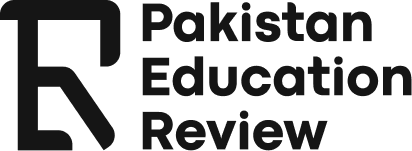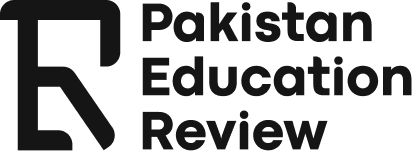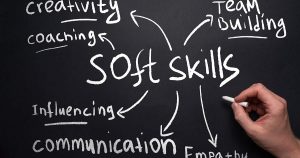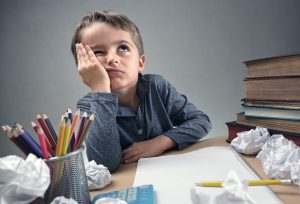Libraries have long been bastions of knowledge, supporting learning, research, and cultural development. However, in today’s digital age, their roles have evolved significantly. The rise of the internet, digital platforms, and virtual resources have transformed libraries into dynamic learning environments, making information accessible to people regardless of their location. This evolution is not just happening globally but also within Pakistan, where they have become key players in enhancing digital learning opportunities for students, professionals, and researchers alike.
This article delves into how libraries in Pakistan are evolving in the digital age to transform learning experiences and provide communities with innovative and accessible resources.

Libraries as Digital Hubs for Learning
Libraries have embraced digital transformation in Pakistan, evolving from traditional book repositories to comprehensive learning centers equipped with digital tools and resources. This revolution has been driven by the increasing need for online access to scholarly literature, research databases, and educational resources. The Higher Education Commission’s (HEC) Digital Library Programme, established in 2003 in collaboration with the United Kingdom-based INASP, has been instrumental in this evolution.
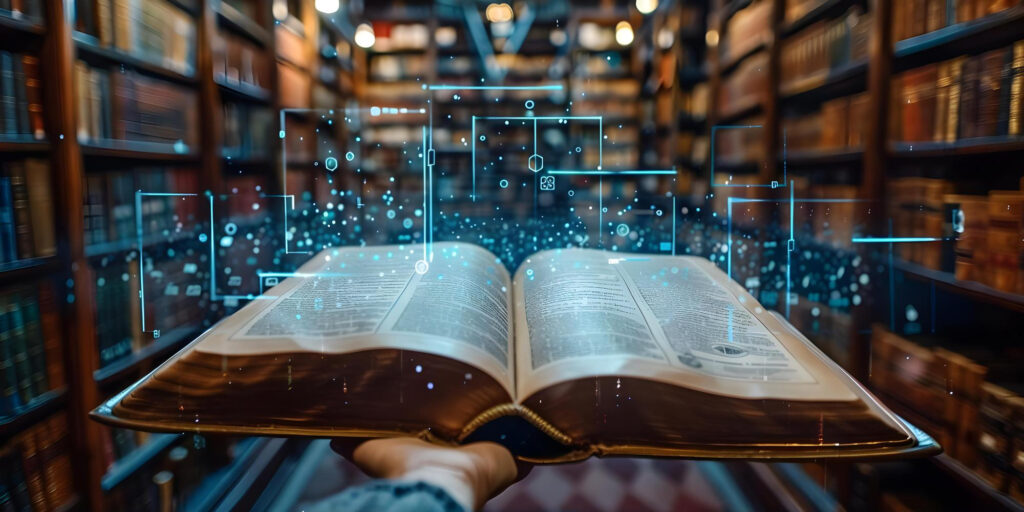
The shift from physical to digital resources allows libraries to reach wider audiences, making education and learning more accessible to those in remote areas or institutions with limited physical resources. Today, students in small towns or underprivileged areas of Pakistan can access the same academic materials as their peers in larger cities, creating a more inclusive education system.
Mobile Libraries: Reaching the Unreachable
One of the most compelling examples of libraries extending beyond traditional walls is the rise of mobile libraries, designed to bring learning resources directly to underprivileged communities. In Colombia, a globally recognized initiative called ‘Biblioburro’ involves a dedicated teacher who delivers books to children in remote areas by using donkeys, bringing education to communities that lack access to traditional libraries.
A similar initiative has been making waves in our country—the “Library on Wheels” program. The Alif Laila Book Bus Society runs this mobile library service, which brings books and educational materials to rural areas. It provides access to children and adults who otherwise lack the resources of conventional libraries. This campaign effectively brings learning and the joy of reading to communities that are often left out of the mainstream education system.

Libraries as Catalysts for Formal and Informal Learning
The role of libraries in the digital age has expanded, impacting various facets of education and development across the country. Here is an overview of their evolving contributions.
1. Enhancing Formal Education
University libraries, including those at the University of Punjab, Karachi University, COMSATS University, and other universities in Pakistan, play a pivotal role in academic research and education. Moreover, the HEC’s Digital Library Programme, has played a major role in expanding access to international scholarly resources, providing e-books and academic journals to institutions across the country. This program offers universities access to 75,000 e-books and academic articles, significantly boosting resources for students and researchers. It has been pivotal in improving scholarly material access across Pakistan, resulting in a 500% increase in publication output by Pakistani researchers
2. Supporting Informal Learning
Public libraries, including the British Council Digital Library and the National Library of Pakistan, offer access to a wealth of books, periodicals, and digital content that supports informal, self-directed education. In the rural areas of the country, where access to formal educational resources is limited, these libraries are bridging the gap. Mobile libraries and digital initiatives ensure that learning opportunities reach the general public, promoting a more inclusive and equitable approach to education.
Challenges in Digital Library Access
Libraries in Pakistan face several significant challenges in improving digital access. Limited funding and outdated technological infrastructure hinder their ability to offer comprehensive digital resources. Additionally, low digital literacy among users further complicates access.
The digital divide is a critical issue, with only about 45% of Pakistan’s population having internet access, according to the Pakistan Telecommunication Authority. This problem is exacerbated in rural areas, where connectivity and technical resources are sparse. A 2023 report by the Pakistan Institute of Development Economics highlights that rural internet penetration is significantly lower than urban areas, affecting the reach of digital libraries.
A Future Built on Knowledge Access
Libraries in Pakistan have transformed into vital digital learning centers, enhancing both formal and informal education. University libraries are expanding access to academic resources, while public and mobile libraries are improving educational reach, especially in remote areas. However, challenges like limited internet access and outdated infrastructure still impede progress. Addressing these issues is essential for maximizing the potential of digital libraries and promoting educational equity throughout the country.

Disclaimer: Any opinions expressed in this article do not necessarily reflect the opinions of the Pakistan Education Review. This content is meant for informational purposes only.
